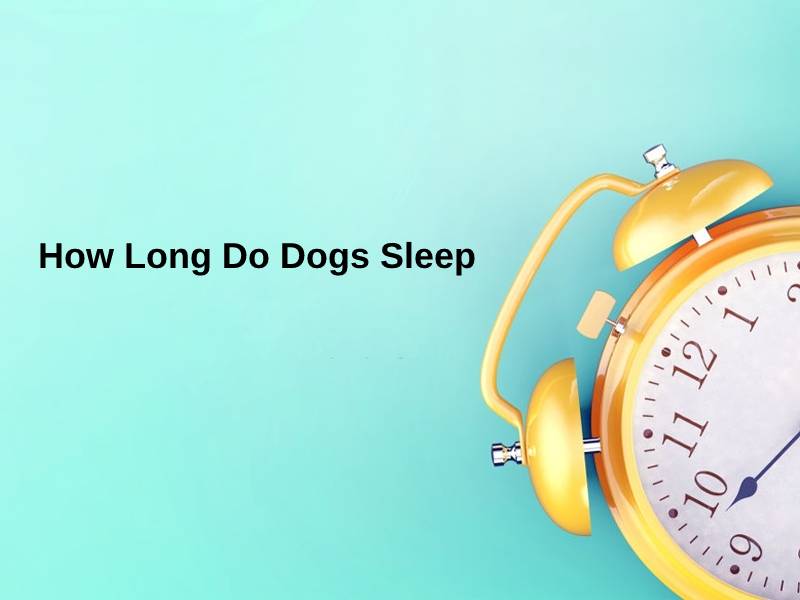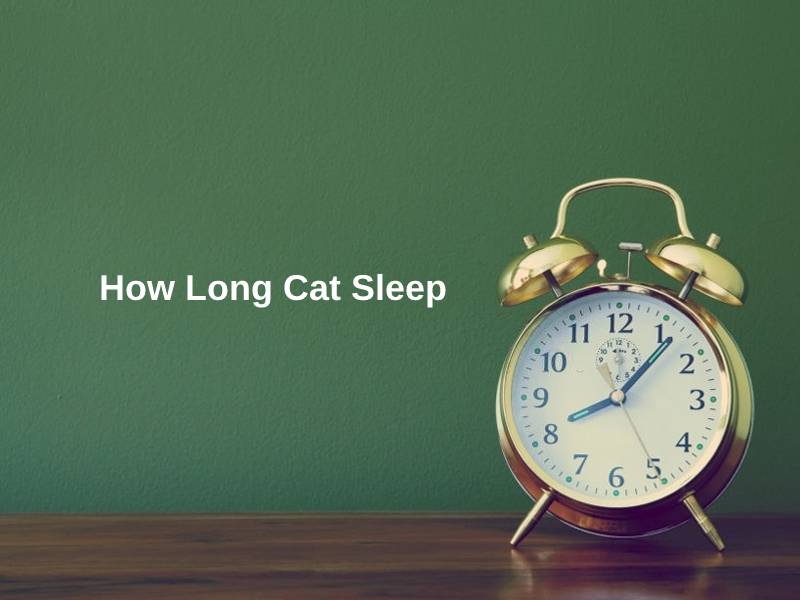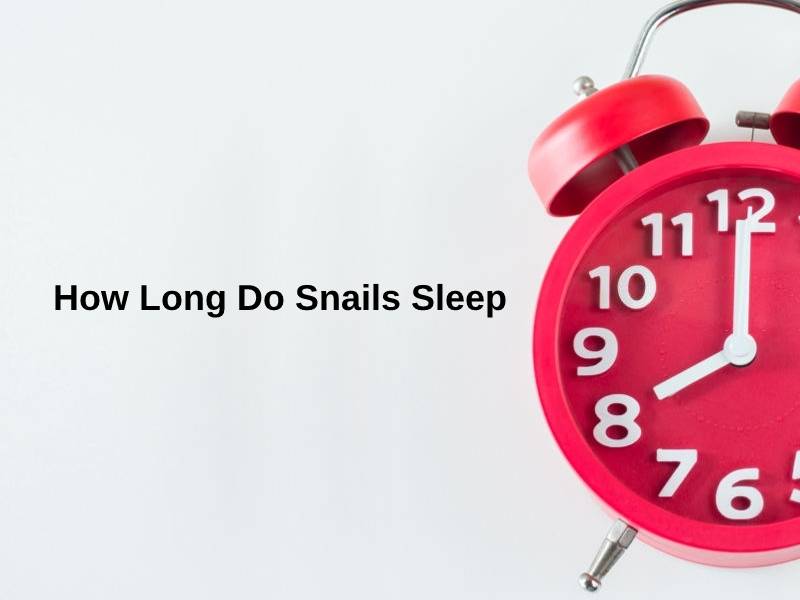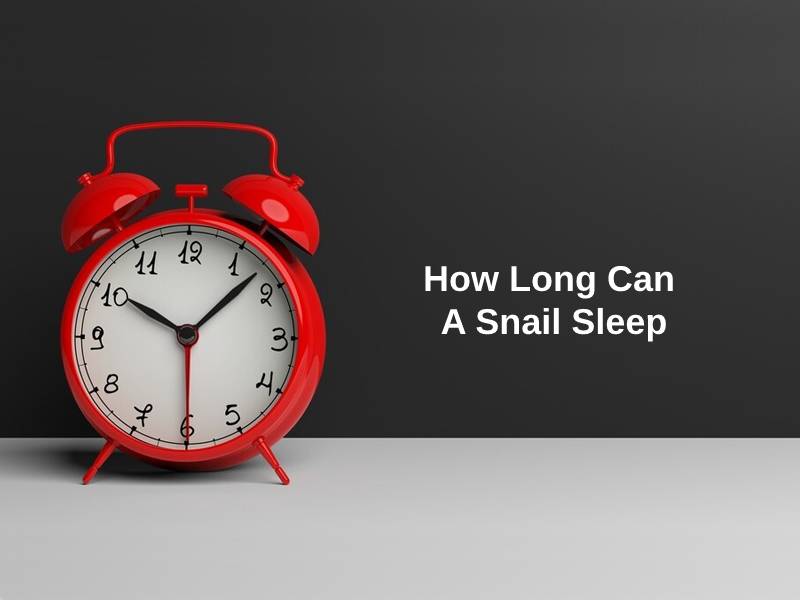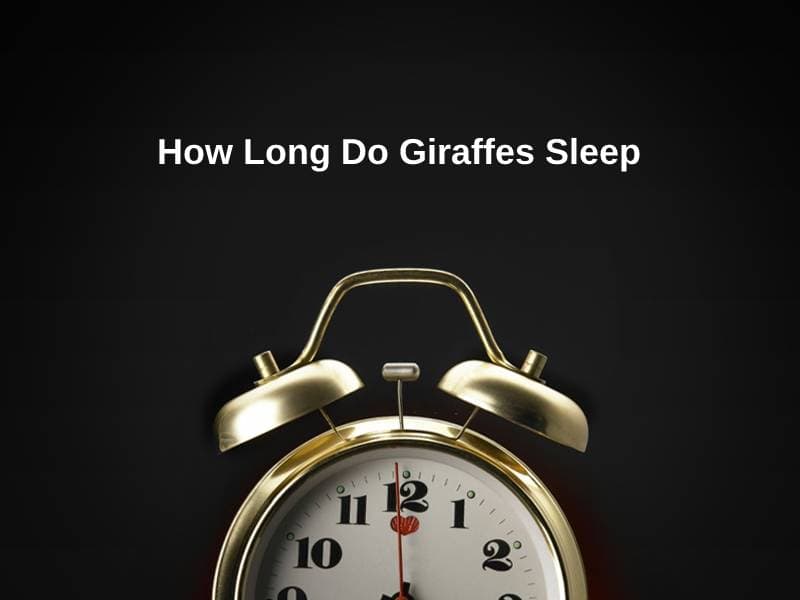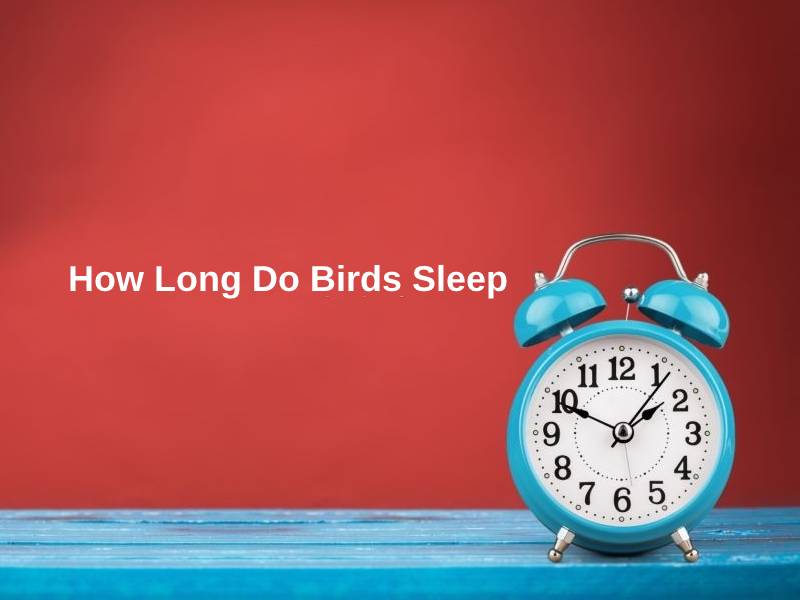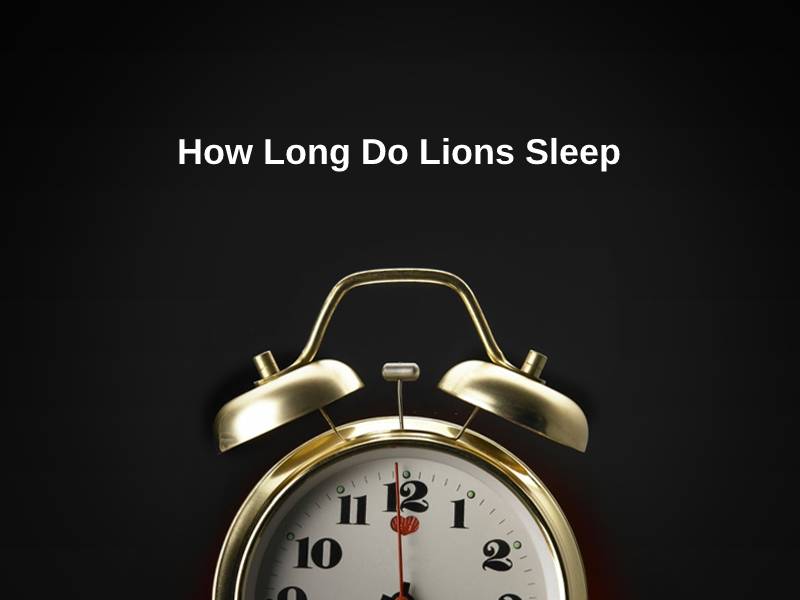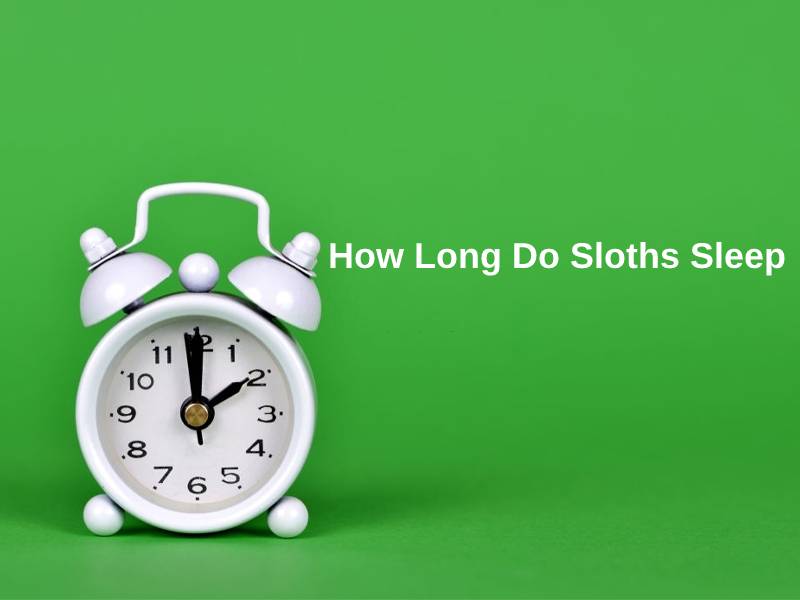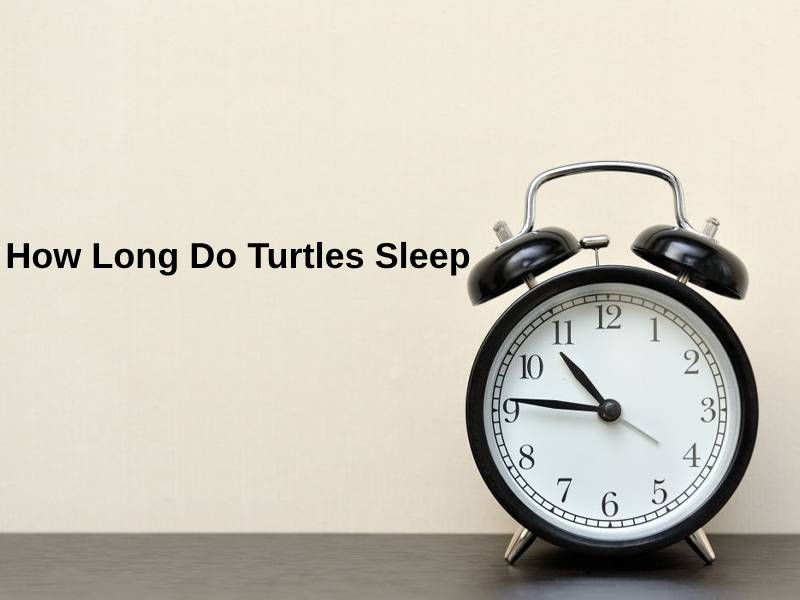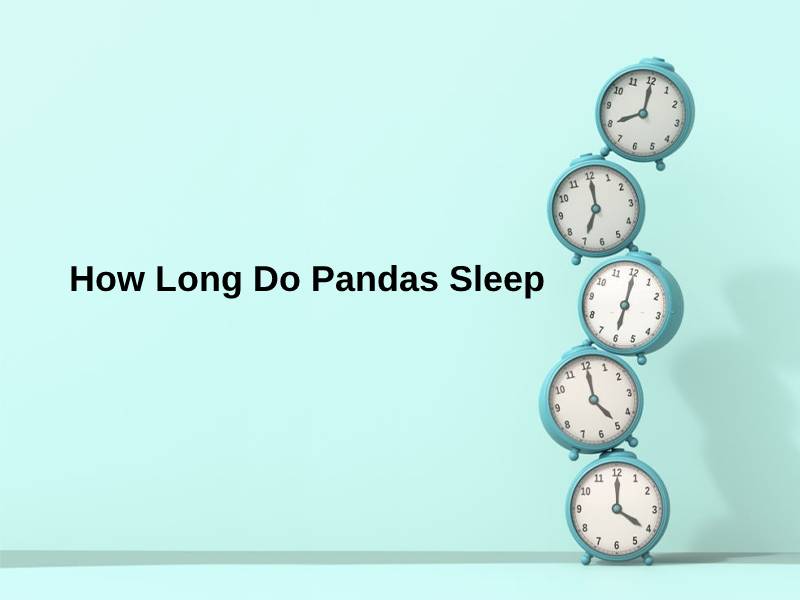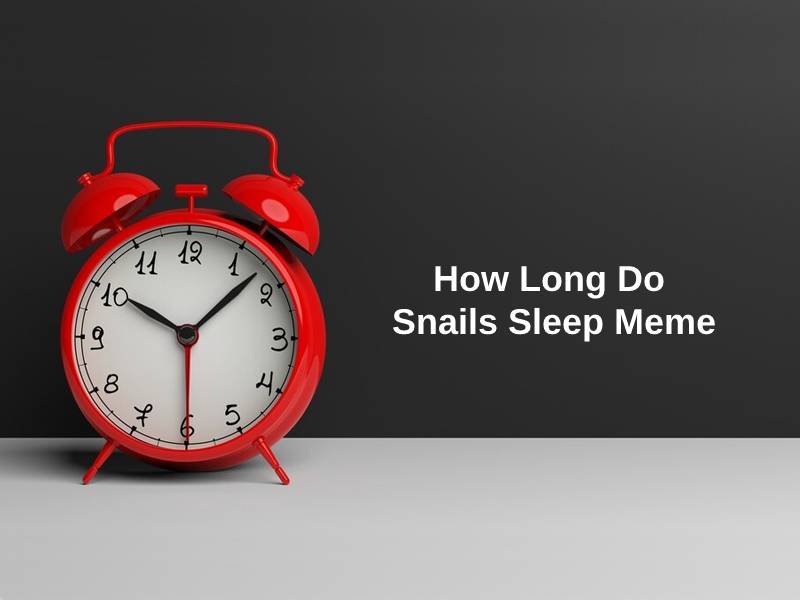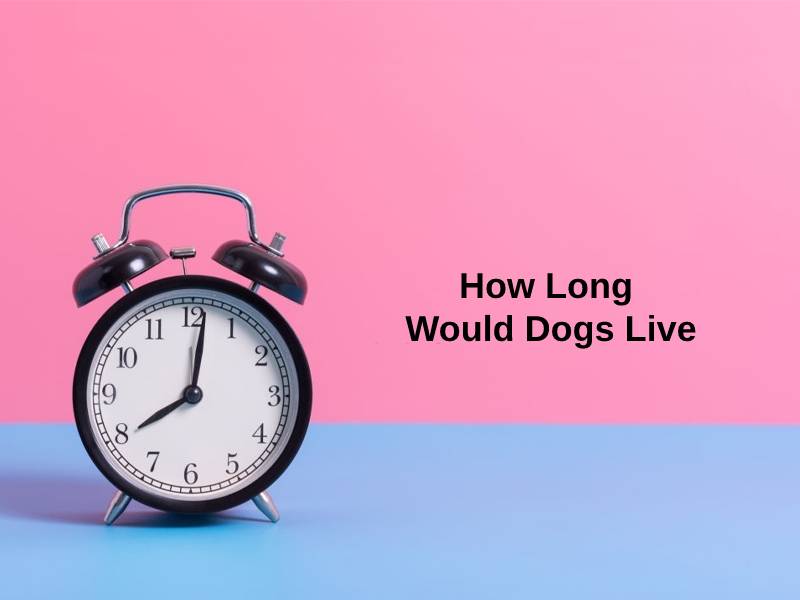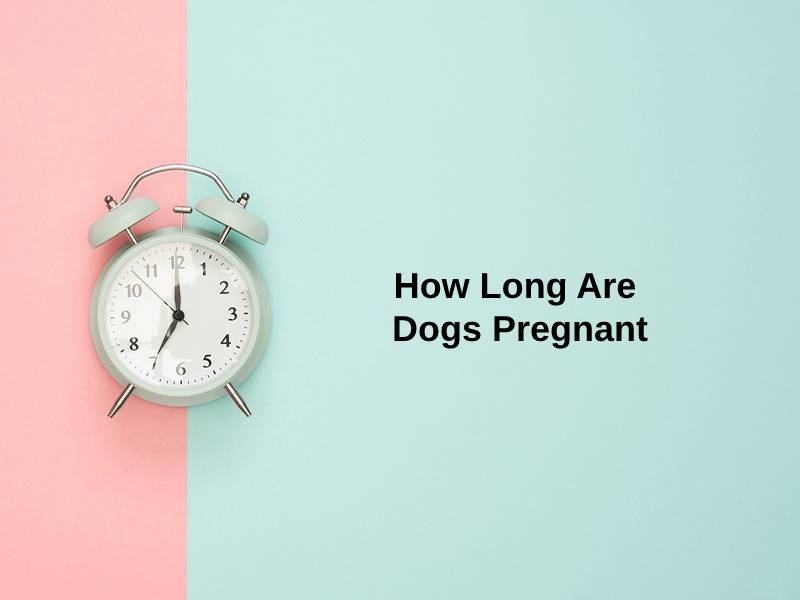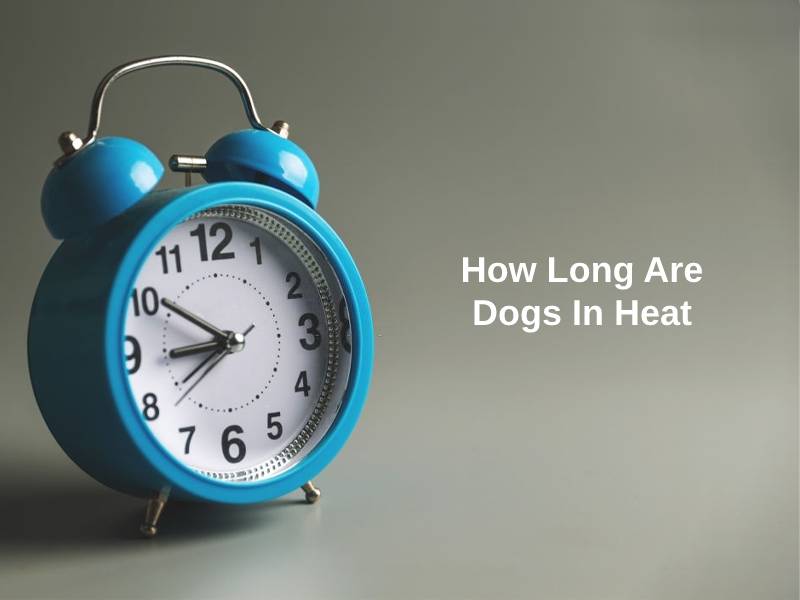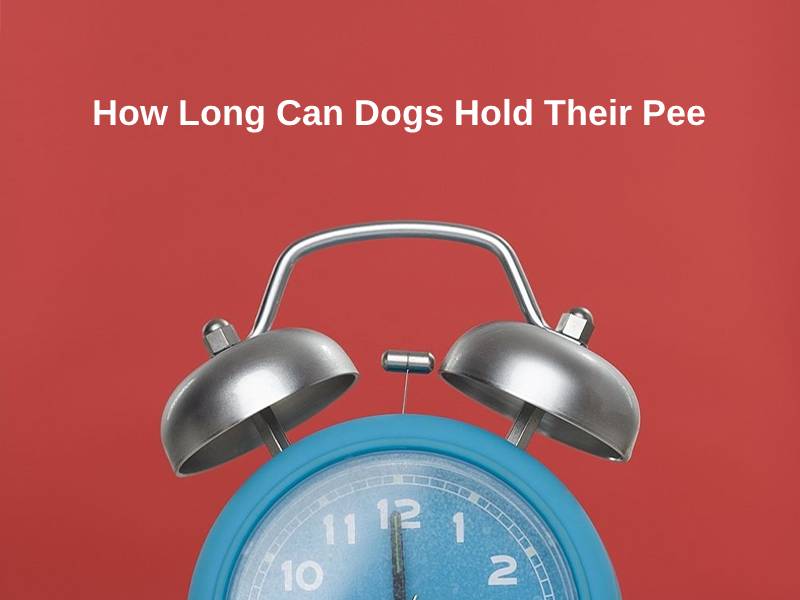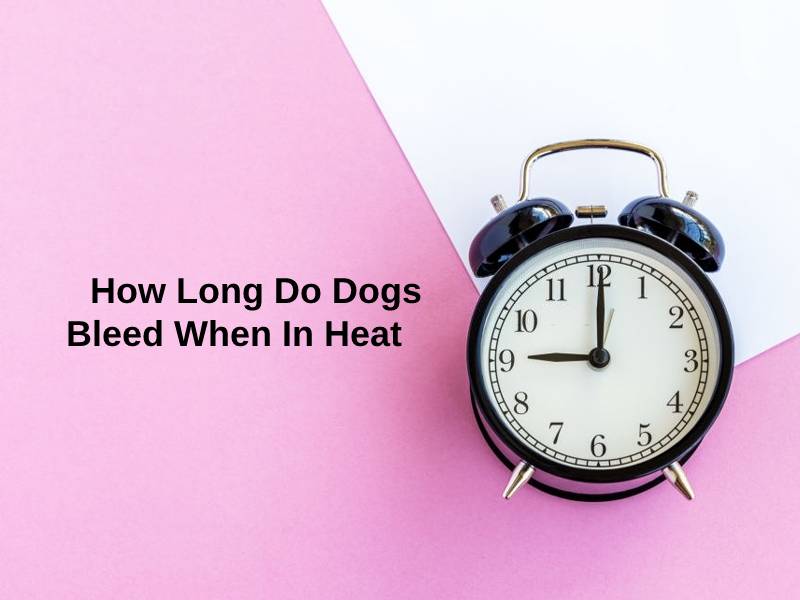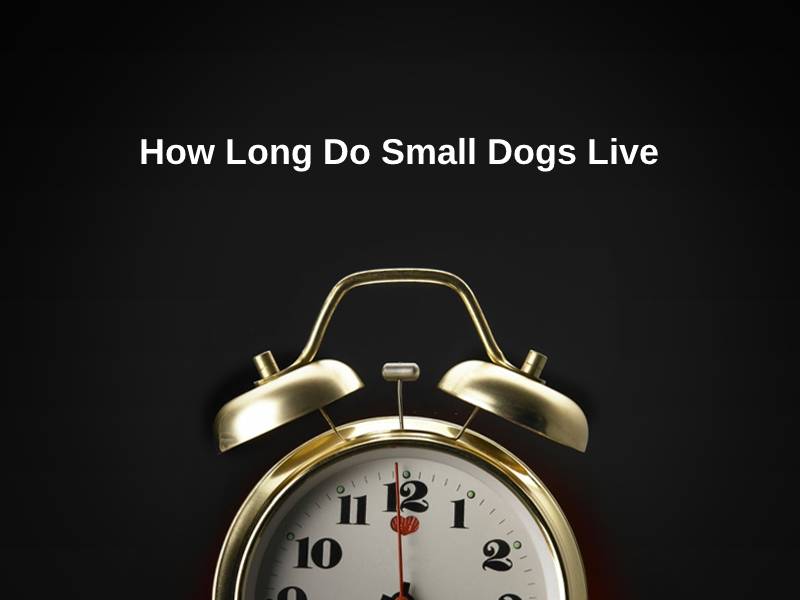Exact Answer: 10-14 Hours
No matter whether we talk about humans or dogs, any creature with a pulse requires rest. While we humans require six to eight hours of sleep per night, dogs require nearly double that amount. Dogs have an incredible capacity to fall asleep practically anywhere, which makes them excellent sleepers.
Many people who have pet dogs don’t know the right amount of time for which their dogs sleep at night. Dogs can wake up and become aware almost instantly, regardless of how much sleep they have had. Fortunately, our pet dogs don’t require the same amount of caffeine as we do to function when we first get up.
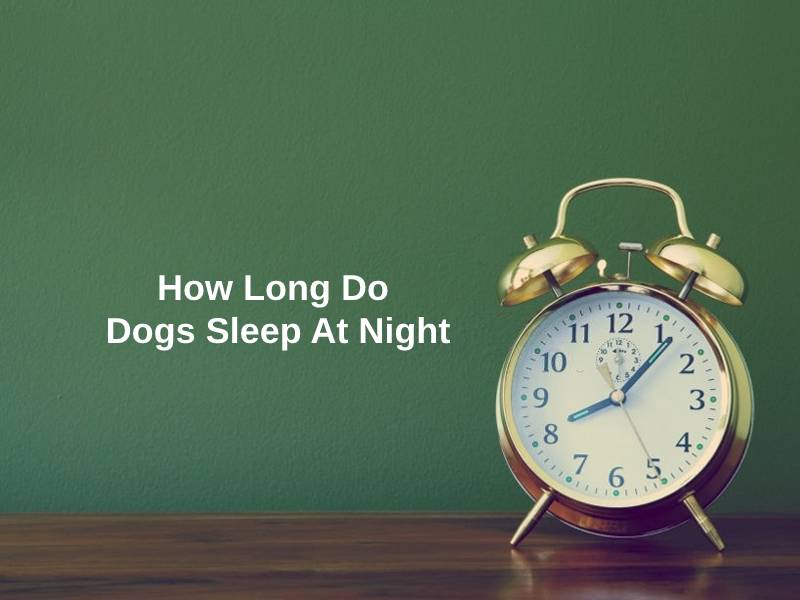
How Long Do Dogs Sleep At Night?
| Sleep Required | Duration |
| For Humans | 8 Hours |
| For Dogs | 10-14 Hours |
Dogs may nap at any time, whether they’re on the couch or laying in the grass, as any dog owner knows. Dogs enjoy a good snooze during the day, but they are equally content to sleep through the night. Although we have certain commonalities, their sleep appears to be different from ours. The average adult dog sleeps between 8 and 14 hours each day.
Humans, on the other hand, require only 7 to 9 hours of sleep per day. Dogs sleep longer than humans, but some species, such as armadillos and koalas, sleep even longer. Dogs spend the majority of their time sleeping at night and roughly three hours napping during the day during a 24-hour day. A dog’s sleep requirements change as they grow older, just as a human’s do.
Puppies, like human infants, require the greatest sleep of all. If you have a 15 or 16-week-old puppy, he will sleep for around 12 hours per day but can sleep for up to 14-15 hours. To support the development of their bodies and brains, younger puppies may require 19 to 20 hours of sleep per day. Puppies adjust into a typical dog’s sleep routine by the time they are around a year old.
They require less sleep overall and begin to sleep more during the night. Canine sleep cycles are substantially shorter than human sleep cycles, despite the amount of sleep they get. The average dog sleeps for only 40 or 45 minutes at a time, and during that time, it goes through two sleep cycles.
Why Do Dogs Sleep That Long At Night?
Unlike humans, who spend the majority of their waking hours awake and aware, dogs spend about half of their day sleeping. On average, a dog spends approximately 14-15 hours of his day sleeping or dozing off. A dog’s general health depends on his ability to relax.
Dogs who spend more time sleeping during the day appear happier and calmer. Puppies grow rapidly and are stimulated by all they encounter in this fascinating new environment. They may even fall asleep in the middle of a game as they adjust to life. At this age, your dog will take naps more and easily.
Senior dogs require extra rest as well. Dogs become progressively tired as they get older. To perform properly throughout the day, they must conserve their energy by sleeping more frequently. Senior dogs are entirely normal in that they sleep more than they did when they were younger.
Working dogs, such as therapy dogs or herding animals, are more likely to stay awake throughout the day than dogs who are mostly sedentary. Working dogs have a lot of responsibilities that require them to be in excellent physical and mental shape every day. These dogs will ultimately catch up on their sleep so that they may begin the next day fresh, alert, and ready to work.
If your dog appears to be sleeping a lot more than usual and has low energy levels throughout the day, they are exhibiting lethargy, which is a frequent symptom of a variety of medical issues. Excessively drowsy dogs could be displaying symptoms of a greater health problem.
Conclusion
Dogs, like people and other animals, require sleep to survive. Sleeping dogs are more emotionally secure and well-adjusted. Inadequate or restless sleep causes dogs to become more aggressive, agitated, and stressed. This is why dogs need to have at least 12-14 hours of sleep daily.
In the same way that people do, dogs need sleep to learn. The human brain processes and commits to memory what it has learned throughout the day during REM sleep. Humans can sleep better when they exercise regularly. Dogs seem to be affected in the same way. Regularly exercising dogs sleep a little longer and have a more restful sleep than less active pets.

